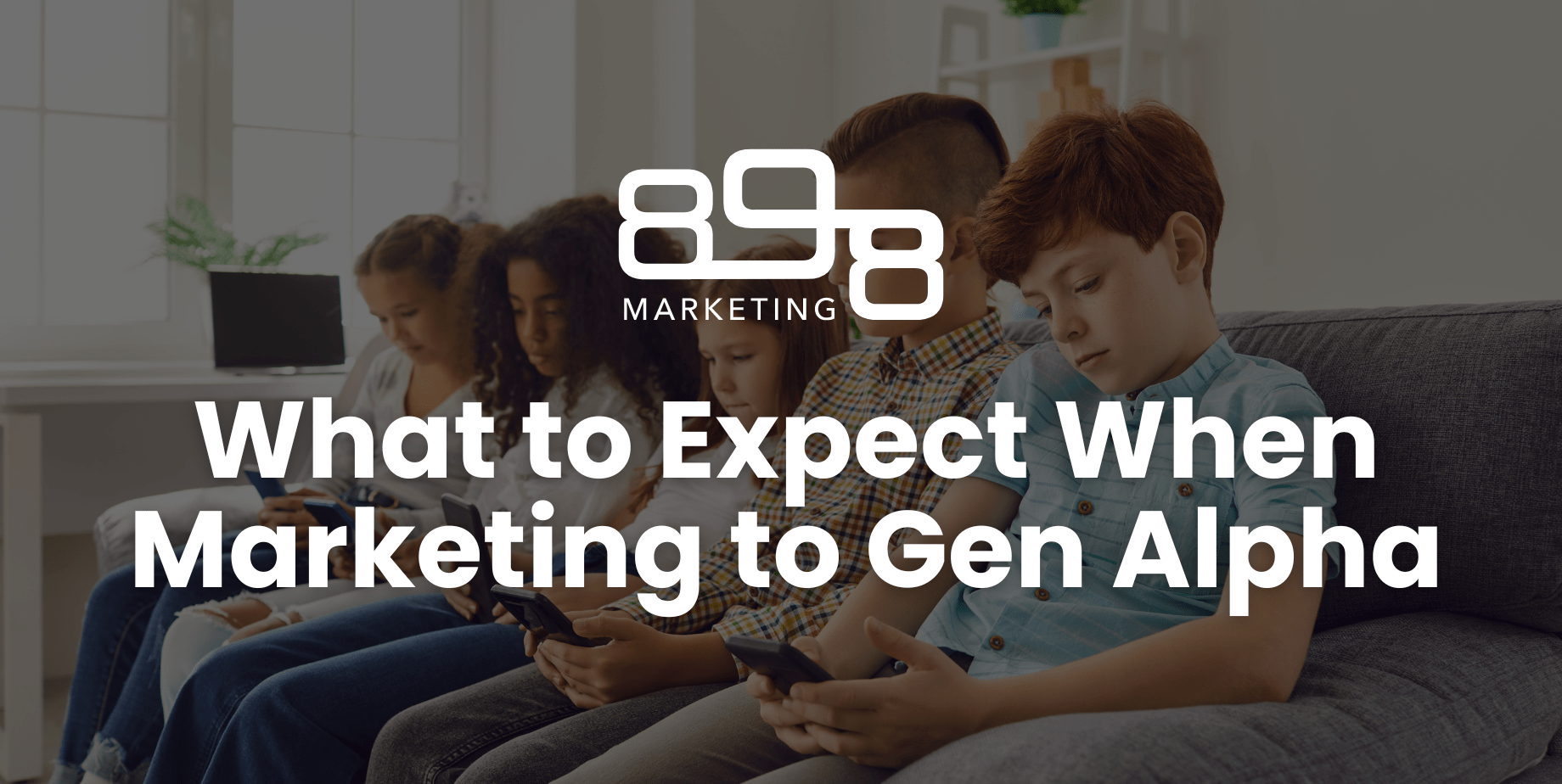
3 SEO Basics You Should Learn
- Lexi Marco
- June 7, 2022
- Blog, SEO
- digital marketing, Google, SEO
- 0 Comments
You have probably heard the acronym SEO several times from your marketing team or agency when discussing digital marketing efforts for your brand. But what does SEO actually mean? And why should you care? Easy. Follow along with us as we detail three basics of SEO and how to learn them.
1. Search Engine Optimization (SEO)
To understand SEO, you must first know what it stands for— search engine optimization. In simpler terms, think of SEO as a way for search engines like Google, Yahoo or Bing to find your website easier and push it up as a top search result for consumers. When searching for something like “best haircare brands,” it’s likely you will click on one of the first few results that populate, but when is the last time you scrolled through to the end of the first page, or even the second? According to Search Engine Journal, results on the second page of Google have a CTR of less than 1% for each link.
The main goal of SEO is to ensure your brand’s webpage is at the top of the search page, or at least within the first ten results.

2. Quality, consistent content
In order to be ranked highly on search engines, you have to have quality content on your website. Content can consist of text or images, but all must have a purpose on your page. Search engines look for content with meaning, something that enhances the page like relevant information or photos.
This is where things can get a bit tricky with SEO; your content must contain keywords and phrases relevant to your purpose, but if they get too repetitive or unnatural, search engines will flag your content as spam.
If you are posting quality content that includes links to reputable pages, search engines will crawl your website and be more likely to rank it higher. In return, it is also important for other sites to add hyperlinks to your webpage or blog posts in order to attract crawlers even more.
Publishing consistent content like blogs or updating website content with the help of professionals will help increase your SEO ranking. We recommend publishing blogs monthly or biweekly as well as defining keywords that fit your brand or page purpose.
3. Speed and Structure
As you can imagine, the speed of a site matters to users visiting it. If your website takes a while to load, users will navigate away from it or become less likely to make a purchase. There are many ways to improve sight speed like removing plug-ins or using a tool such as webpage tests like this one.
Meta descriptions and URLs are two simple ways to also help with your SEO efforts. A meta description appears below your URL when shown in a search engine. It allows search engines and users to briefly scan what is on your page, summarizing it in just a sentence or two.
If you have a helpful meta description, users will be more likely to click on your link thus boosting it up in the rankings. In conjunction, the URL of your webpage is also important. It must be readable and relevant. For example, you don’t want a webpage about dog grooming to have a URL with numbers and jumbled letters as many are generated automatically. Instead, you’d want that URL to mention the title of your page or at least a mention of “dog grooming.”
Got it?
If you’re still confused about where to begin your SEO efforts, that’s OK— we’re here to help! Agencies like 898 Marketing work with clients to handle SEO and digital marketing efforts.






Recent Comments